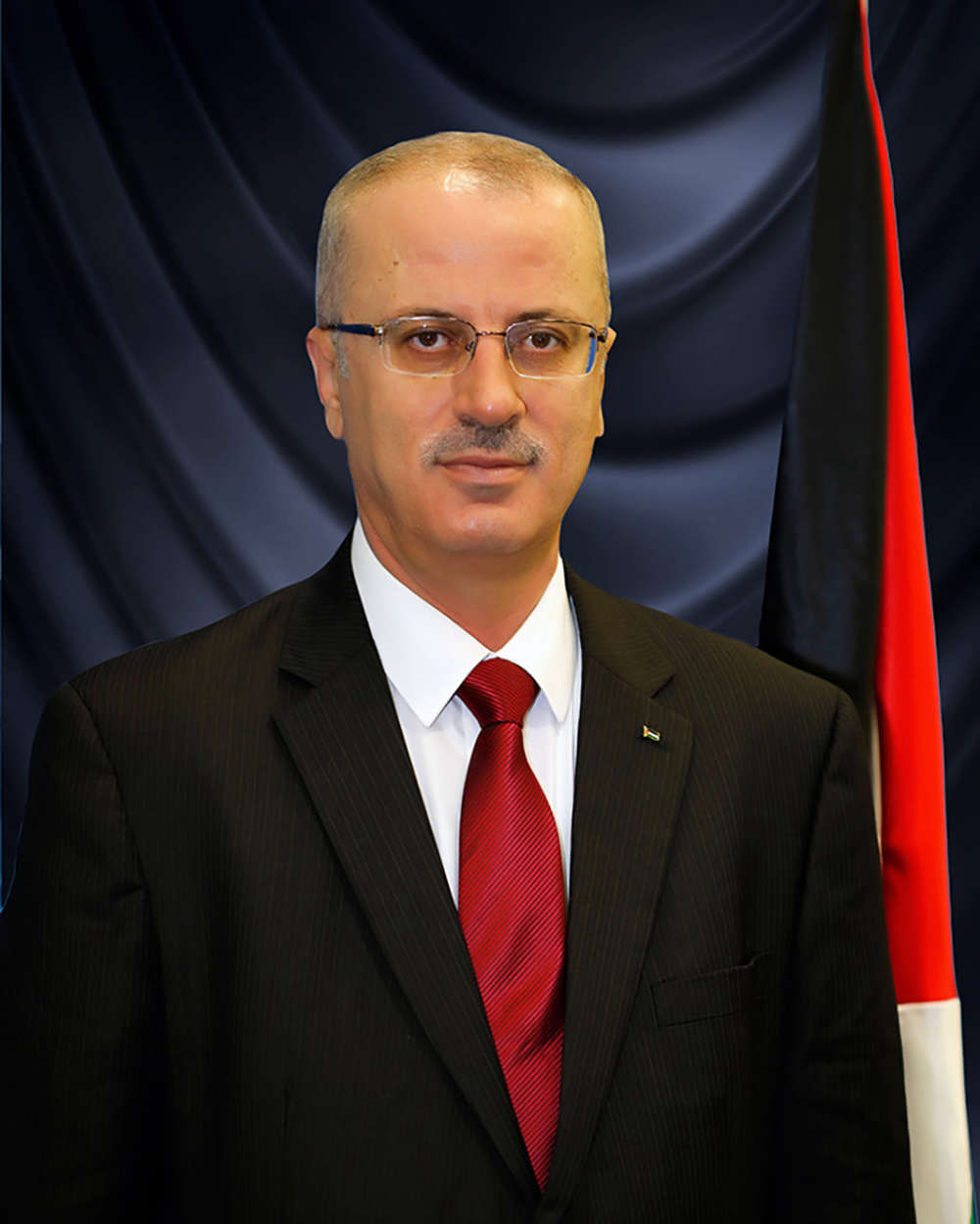Families are all about raising children, who in Palestine constitute about half the population. An investment in children is important for protecting their rights and securing their opportunities as both ends in themselves as well as a means to raise family prosperity and social standing. As we aim to ensure that our children live in dignity and safety, we firmly recognize that any investment in their future is also pivotal for the sustainable human development of all in Palestine.
The Palestinian government takes seriously its commitment to protect the rights of Palestinian children. In 1991, H.E. the late President Yasser Arafat ratified the United Nations Convention on the Rights of the Child. In 1995, on the occasion of Palestinian Children’s Day, the document was legally adopted in Palestine. And in May 2002, this commitment was confirmed at the UN General Assembly Special Session on Children.
In 2004, the National Plan for the Rights of the Palestinian Child was prepared by the Secretariat for the National Plan for the Rights of the Child, a department of the Ministry of Planning. In 2009, the entire children’s rights portfolio was transferred to the Ministry of Social Affairs, which in turn followed up on the amendments to the Palestinian Children’s Law that aim to ensure its compatibility with the UN Convention on the Rights of the Child.
In 2010, the Palestinian National Authority issued its first report on the implementation of the Convention on the Rights of the Child in Palestine in a national endeavor that involved all relevant Palestinian institutions.* And in 2012, the proposed amendments to the Palestinian Children’s Law of 2004 were ratified by H.E. President Mahmoud Abbas.
To aid families in the care and protection of their children, the Palestinian government continues its efforts to develop adequate and integrated social protection systems and to provide the appropriate protection for children’s programs. Protection has been provided for children who have suffered from violence, and there are many children who have benefited from the services provided by our rehabilitation centers. More opportunities have been offered to our children to access health care and vocational and technical education as well as higher education, and to enhance their participation in the development process.
The government also works to consolidate the values and principles of citizenship and belonging among our children and to strengthen communication between Palestinian youth and children at home and with children abroad. Facilities, infrastructure, and institutions have been created to respond to the needs of Palestinian youth and children, while taking into account the needs of youth and children with special needs. Furthermore, and in order to develop early childhood care programs, 1,704 private kindergartens have been licensed according to international standards, 30 preparatory classes have been opened, and 20 kindergartens have been provided with the equipment to support learning and education.
It is important to highlight here that the Israeli occupation plays an important role in the deterioration of the situation in all sectors and at all levels. It impedes any tangible progress and economic independence because of the lack of Palestinian control over our border and natural resources. The occupation also has an immense negative impact on the future of our children. We therefore call on the international community to work towards ending the military occupation of our land so that our children and all our people can live freely, peacefully, and in dignity.
The Palestinian government and families both aim to invest in our children through education, thereby providing them with knowledge and life skills. We support our children to reach their fullest potential, paying special attention also to those who reside in marginalized areas. We as a government are working hard to provide a conducive environment at all levels through legislative and legal mechanisms, policy and planning, the allocation of budgets, and the building of partnerships with various sectors in Palestine so that our children receive the services they truly deserve. Our investment in our children is an enduring investment in peace, development, and democracy − and we are determined to continue walking the path that leads to empowering and supporting our children and their families.
*This report is available at https://www.unicef.org/oPt/PALESTINIAN_SITAN-final.pdf; the PCBS has issued most recently the survey titled The Status of the Rights of Palestinian Children 2014, available at http://www.pcbs.gov.ps/Downloads/book2147.pdf; and a timeline related to the Convention of the Rights of the Child in Palestine, provided by the United Nations, is available at
https://www.un.org/unispal/document-subject/convention-rights-of-the-child/.


